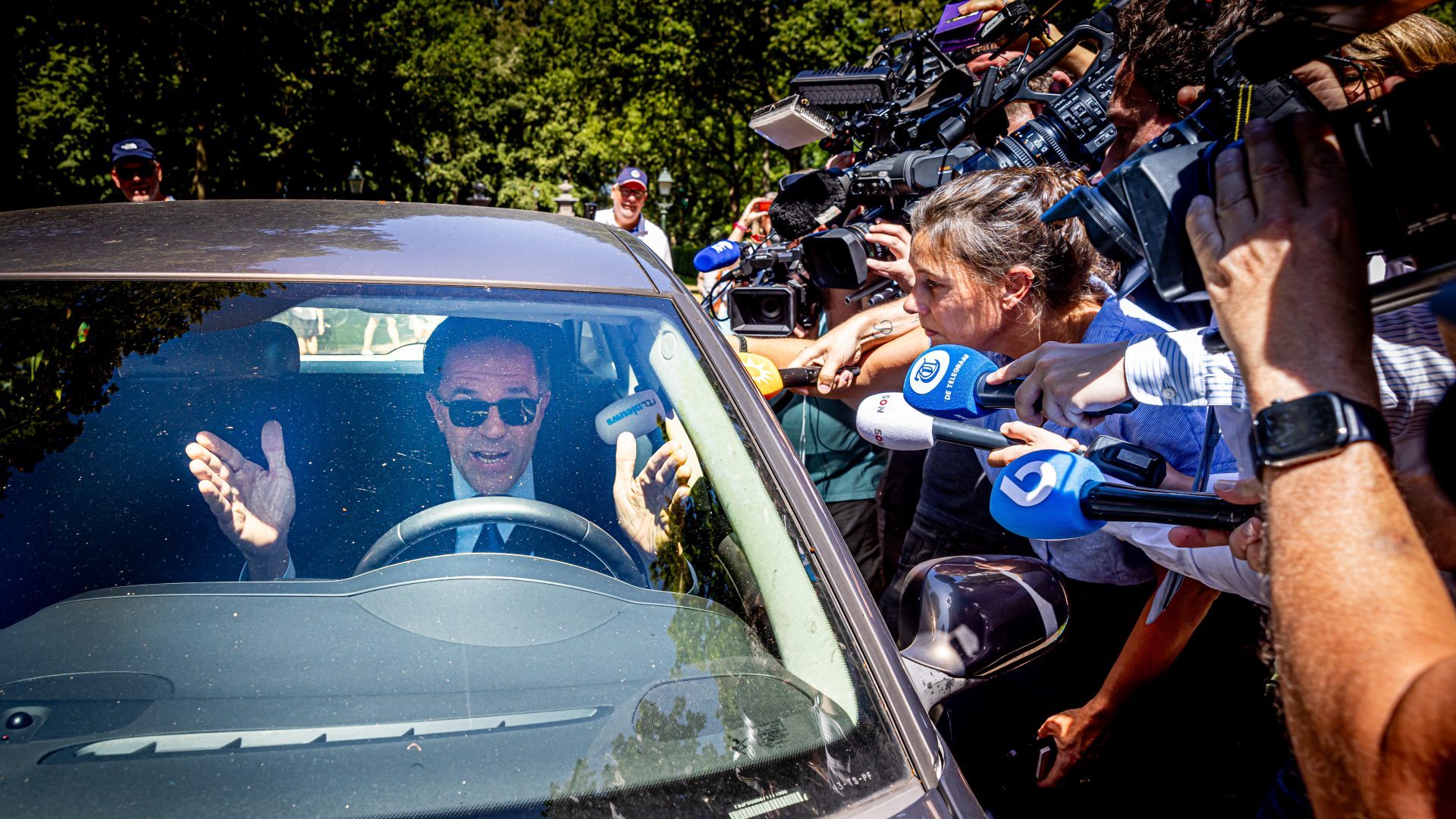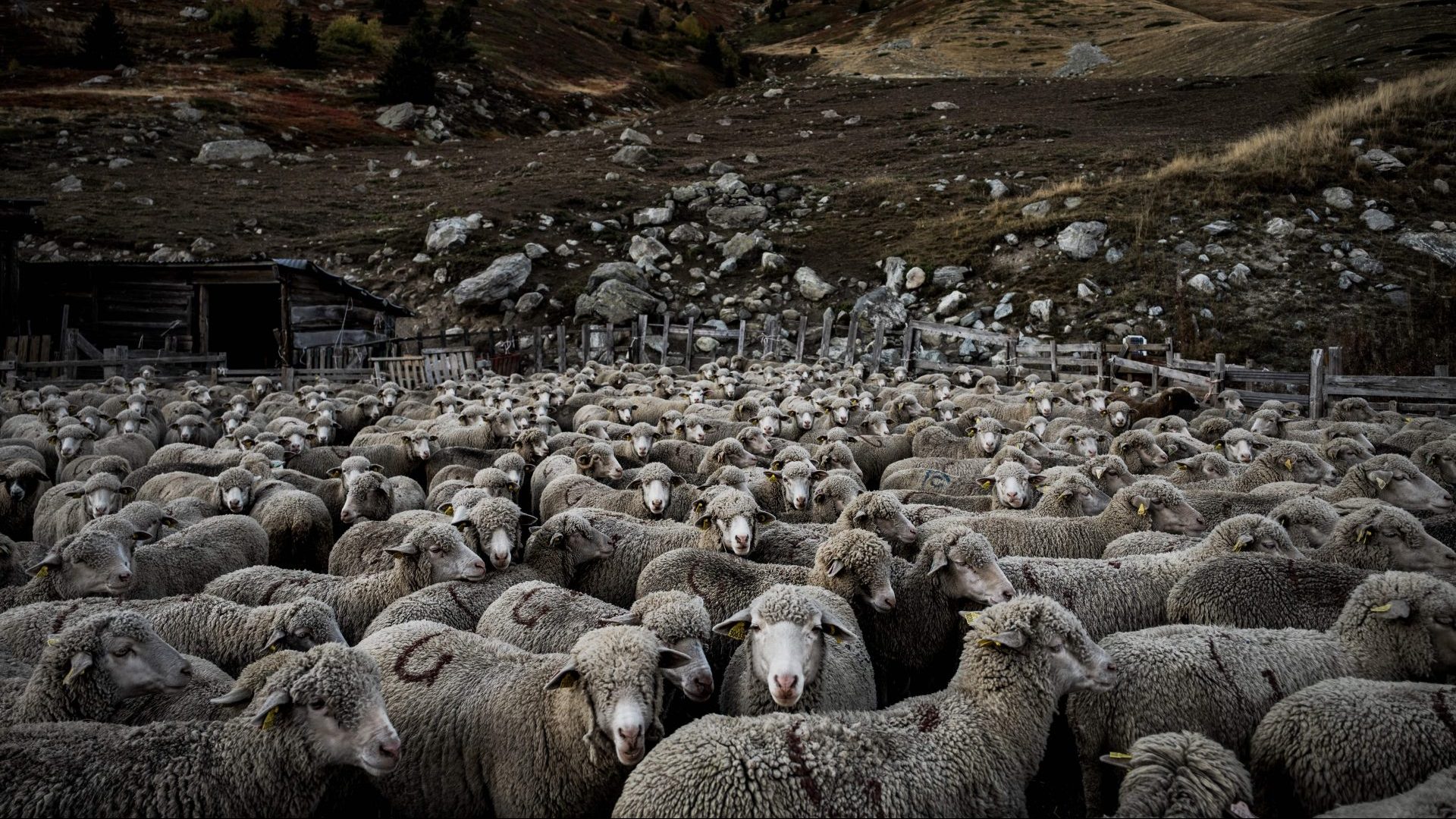First the trees fell and then the government. As I was stepping over the fallen branches and splintered trunks in my Amsterdam neighbourhood in the wake of summer storm Poly, a piece of political deadwood also came crashing down. The loss of the widely unloved fourth government led by Mark Rutte wasn’t nearly as traumatic as the loss of so many trees.
Storm Poly was the heaviest ever recorded in the summer, and climate change ought to have been the subject that led to Rutte’s resignation, what with farmers’ protests over emissions restrictions and an upstart opposition party exploiting the situation.
But Rutte picked migration as his hill to die on. Instead of climate science and regulations, he tried to get tough on refugees. But it all fell flat. In a post-resignation poll of 18,000 people, 72% said Rutte shouldn’t return as prime minister. He has said he will not seek reelection, although he is staying on until the next election after the opposition withdrew their vote of no confidence.
There’s not much ideological distance between the UK Tories’ Rwanda policy and the restrictions that Rutte’s party, the right-of-centre “liberal” VVD, tried to impose on family reunification for refugees. Both are probably illegal under domestic and international law and meant to appeal to right wing voters. This is familiar terrain for Rutte. During a previous election campaign he told migrants to “either behave or leave”.
Yet, after coming out on top in the past four elections and being the longest serving Dutch prime minister, the mood soured on him. After a dozen years in power and despite having acquired a Teflon image, a string of scandals started to wear away his protective layer.
There was a scandal over alleged child-welfare fraud, where the tax authority disproportionately targeted people with an immigrant background. It turned out there was no fraud, and the scandal brought down Rutte’s previous coalition. He also failed the people in the northern province of Groningen, who had earthquakes caused by pumping. There are the farmers’ protests, the housing crisis, the cost-of-living crisis, the energy crisis and the war in Ukraine, whose refugees are welcome, by the way, as opposed to those from more distant countries.
Where Rutte was once seen as an asset, a safe pair of hands, a man of the people and a bit of a swot, he gained a reputation as being somewhat slippery or, worse, clueless. The phrase, “I do not have an active recollection of that”, variations of which he uttered repeatedly during a parliamentary investigation into his political dealings, has become a bit of a joke in the Netherlands. There’s even a book, purporting to be his memoir, with that title. It’s being marketed as having “100% blank pages, ideal as a notepad”.
Not that the alternatives appear much more attractive or clued in. The timing of Rutte’s resignation might be related to the slightly declining popularity of his party’s closest rival of the moment, the upstart BoerBurgerBeweging, or Farmer-Citizen movement, which came out of nowhere earlier this year to become the largest in the Dutch upper chamber of parliament. As the name suggests, it focuses heavily on farmers’ complaints. Its positions on other urgent issues, such as migration or housing, are on the right but remain somewhat foggy, much like Rutte’s memory.
Personally, I’d like to have no active recollection of Rutte’s time in government. It seemed like a lost decade anyway. In the wake of his resignation, headlines warned about the delay this would mean for dealing with urgent problems, such as the farmers and the environment. To me, Rutte was the delay.



